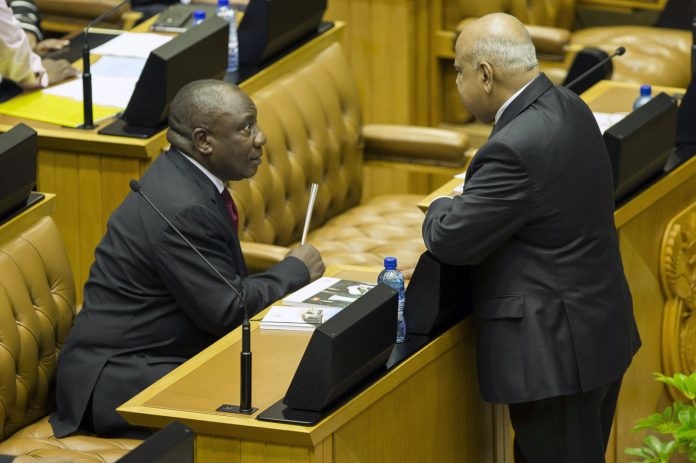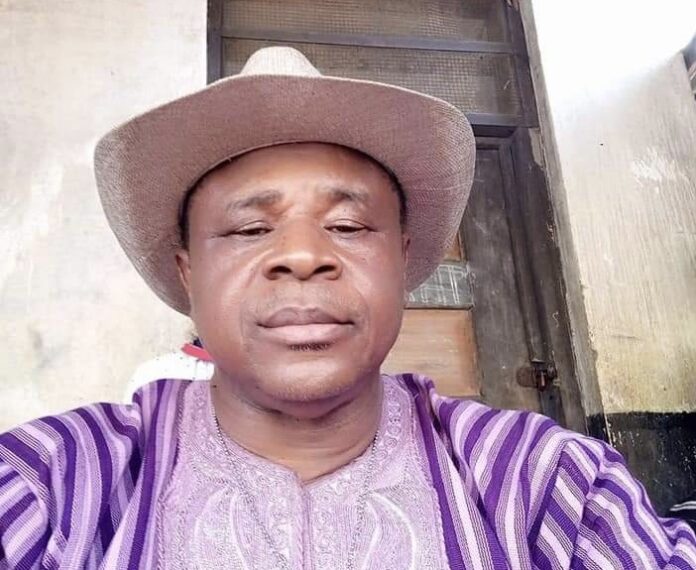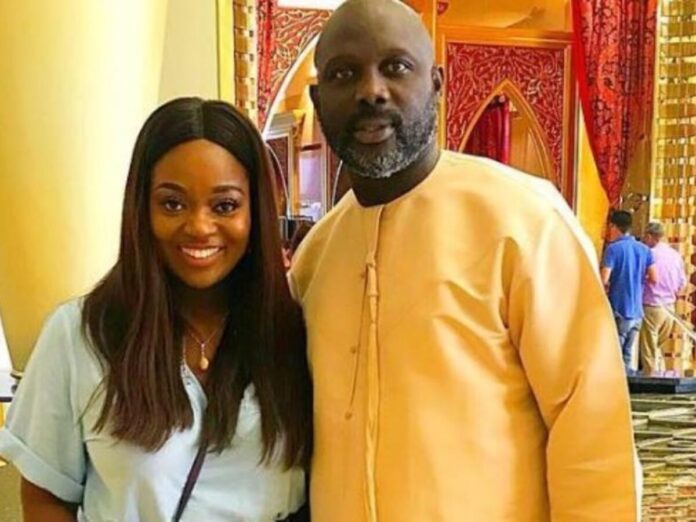It’s almost three years since the country last moved to stage six load-shedding, a level that is as close as any to the doomsday scenario. It’s estimated it would take about two weeks to fully recover from such a position, the costs of which are too ghastly to consider.
In December 2019, Eskom and its board, led by Jabu Mabuza, spoke of sabotage at some of its more troubled coal-fired power stations. They were laughed out of town and their competence called into question.
Today, as we go through six hours of load-shedding and economists review their growth forecasts, it is Eskom’s employees who are at the centre of the storm. In undertaking an unprotected strike they have placed the grid on a precipice. What should be evident is the more than 42 000 people who work at Eskom have the ability to hold the country at ransom — and they know it.
Poor policy choices aside, Eskom — and, in turn, South Africa — has a people problem at the centre of our electricity crisis. That’s not to brandish all the men and women at the parastatal with the same brush but there’s clearly a rot within that has us teetering on the brink. The Mail & Guardian recently sent a team to the company’s worst-performing plant, Tutuka, in the town of Standerton to see the extent of the rot.
The station is a microcosm of just how big a problem the board and its chief executive, André de Ruyter, have on their hands. All in all, there are some 20 other power stations mired in their own internal muck.
The question is, how do we fix a problem like Eskom?
Well, here’s what hasn’t worked for the past decade. Eskom’s shareholder representative in the department of public enterprises, in its infinite wisdom and driven by a sense of panic, has overseen the appointment of about 12 chief executives, six chairpersons, 60 directors and some 30 executives. A recipe for instability.
One shared experience across the various boards is that whenever anyone took a strong position on labour disputes the shareholder representative has stepped in. Ultimately, what this did was undermine the leadership they installed at Megawatt Park.
For the first time, the shareholder has not intervened and left the executive and the National Union of Metalworkers and National Union of Mineworkers to reach an agreement. That’s a positive. There is no political solution to the Eskom question.
An impasse has to be broken between employer and employee; for the shareholder to intervene now would be to once again simply kick the can down the road. That’s something we can ill afford, as uncomfortable as their game of brinkmanship is for all of us. Discomfort — and six hours of darkness is just that — can ultimately foster change, hopefully for the better. In the words of Tina Turner, “We don’t need another hero.” Instead it’s for Eskom and the union leaders of the workers who keep the lights on to move us forward. mg.co.za







